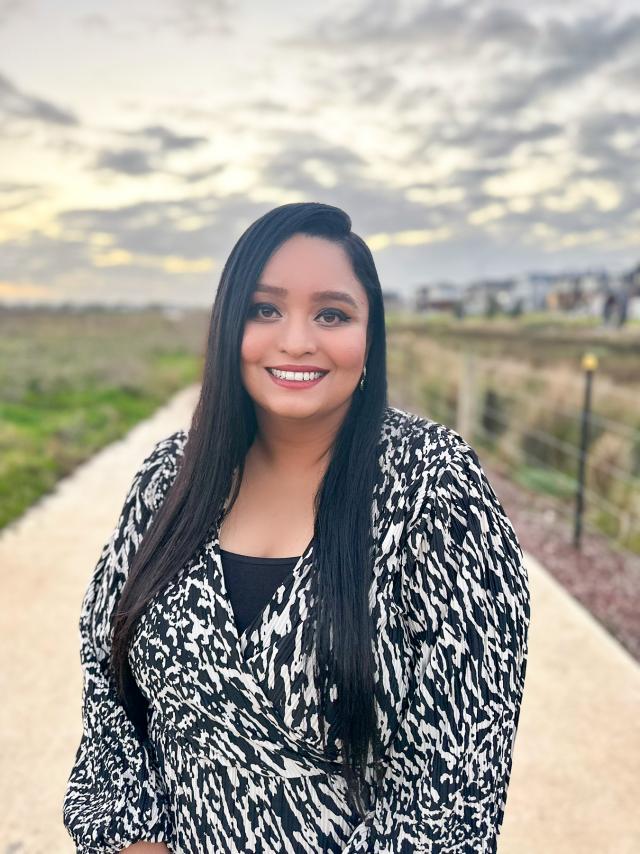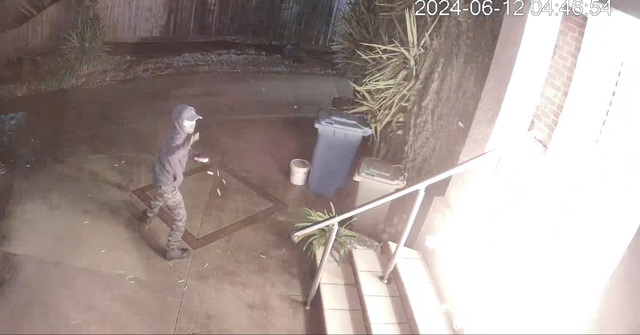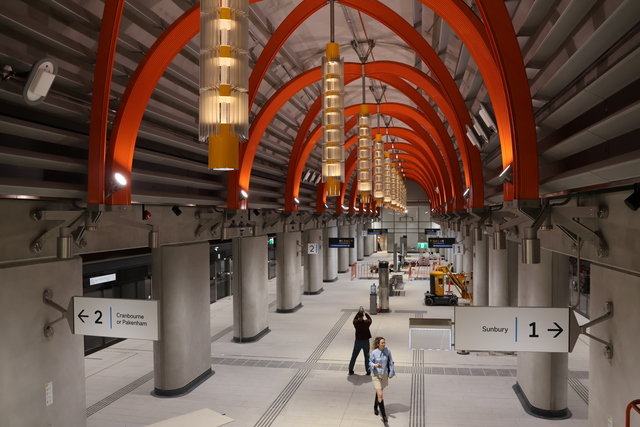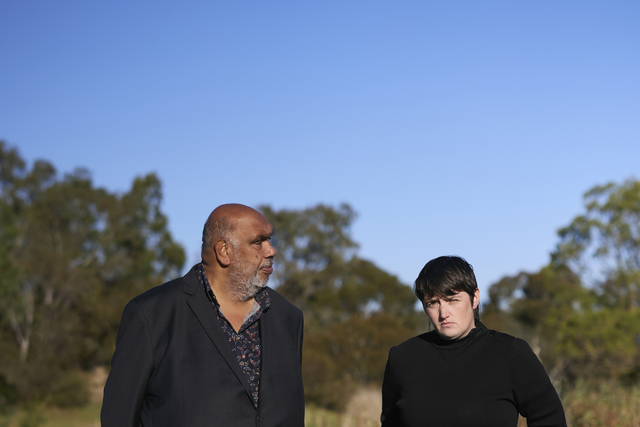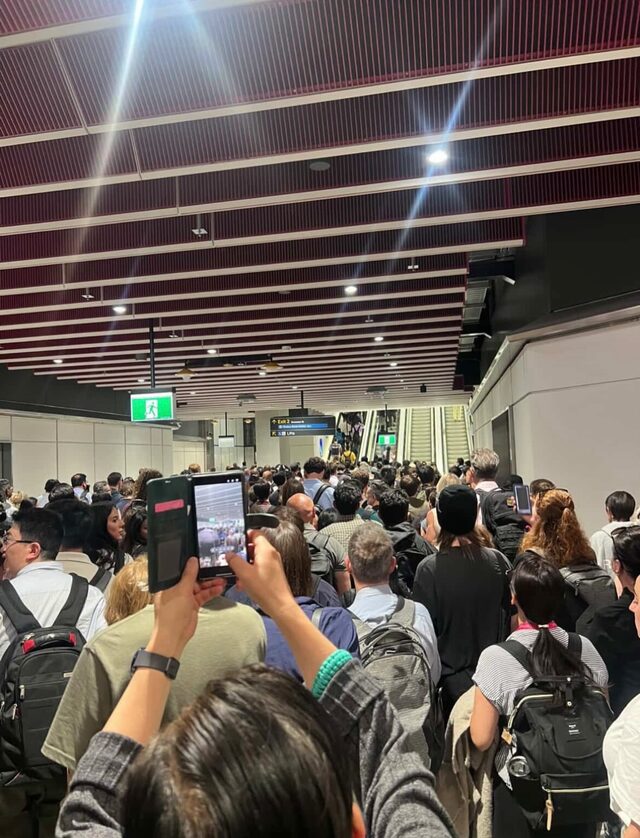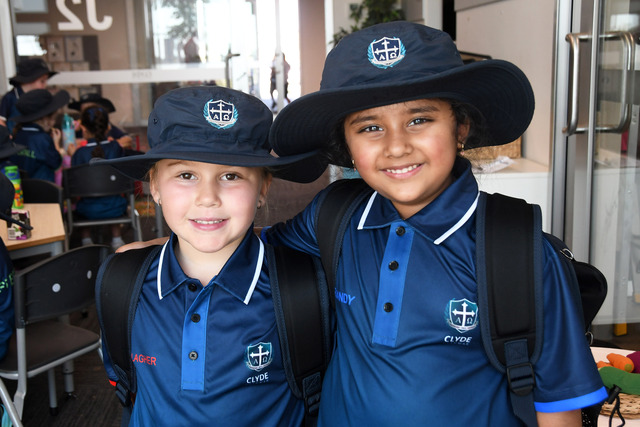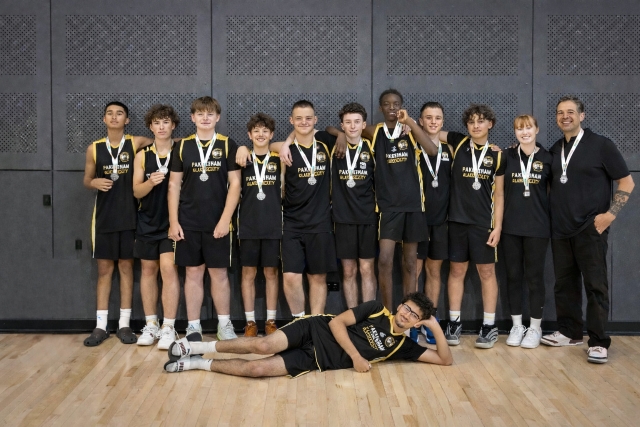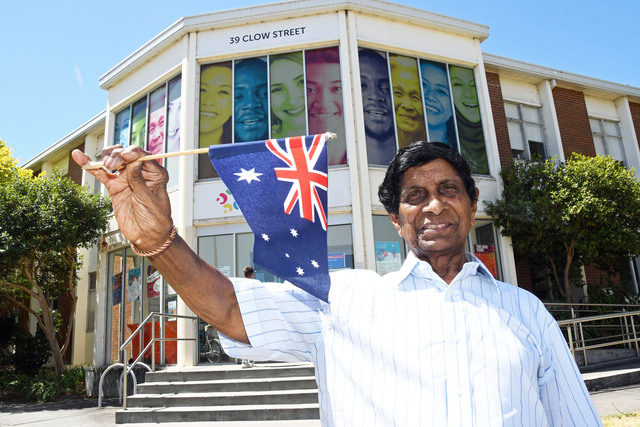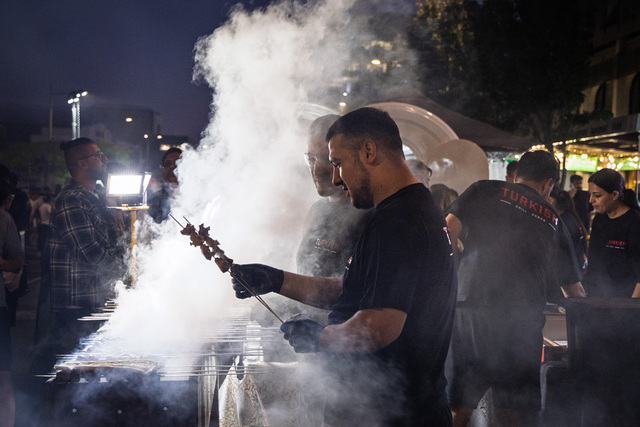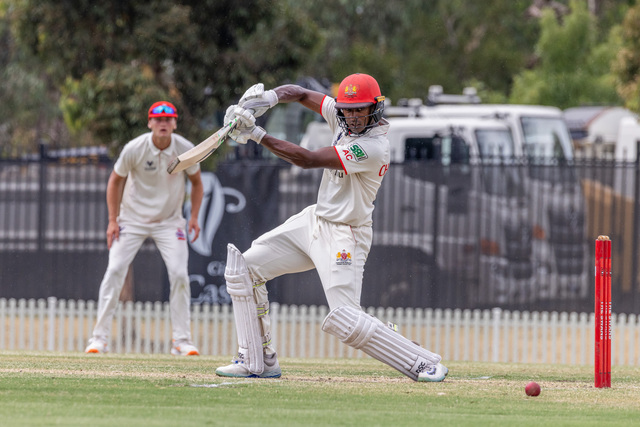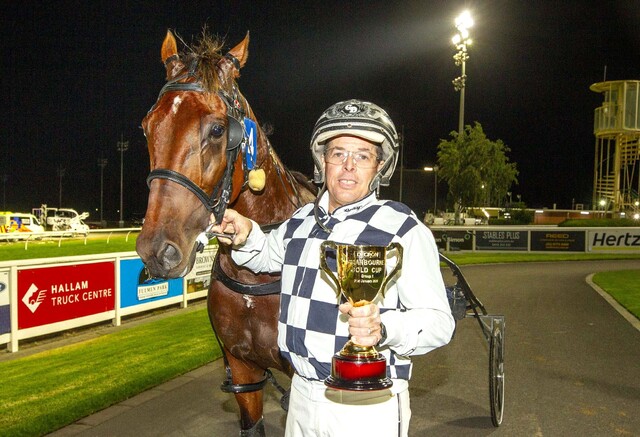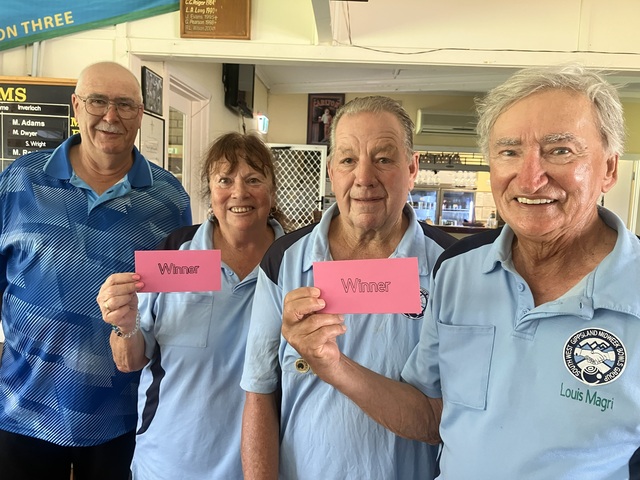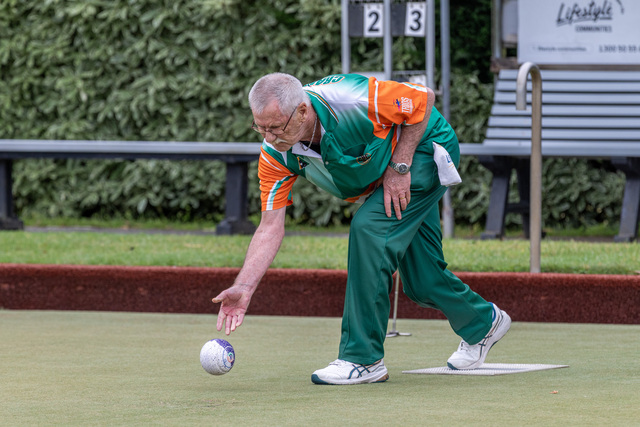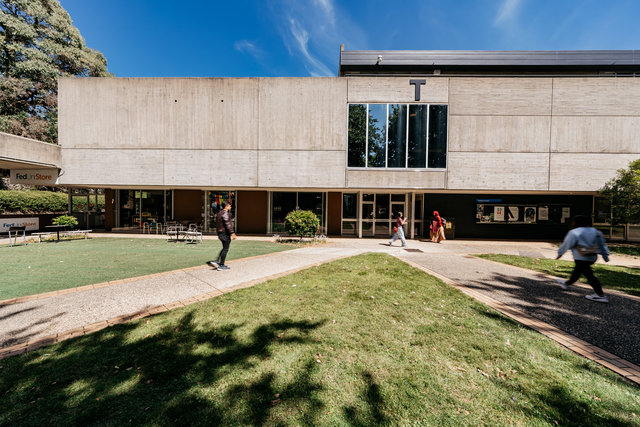Casey resident Divya Pasupuleti wants to see the new Casey Council showcase the diversity and multicultural nature of the area.
She is among 65 women from the 32 Victorian council areas with the lowest female representation taking part in the 12-month Women Leading Locally (WLL) Fellowship program.
Now in its second year, the WLL fellowship was established in collaboration with the State Government, Women for Elections and the Institute for Community Directors (ICDA), with the aim to achieve gender parity within Victorian councils by 2025.
Participants are engaging in campaigning, leadership and governance workshops to equip them with the skills to run for local government.
On completion of the program, participants will be awarded a ‘Women Leading Locally – Community Leader Fellowship’, a new designation accredited by ICDA.
Those who complete the eight compulsory fellowship units will also receive an ICDA‘Certificate in Community Leadership and Governance (Local Government)’.
Ms Pasupuleti said she is looking forward to developing her knowledge, resources and motivation to step up to be a leader in the Casey community and be a part of equitable and strategic decision-making conversations.
“I have always been a strong advocate of enabling communities, social justice and gender equality,” she said.
“I am extremely passionate about creating equal opportunities for women and underrepresented communities.
“Over the past 20 years, I worked extensively to create awareness and spearheaded initiatives across countries – whether it is at a grass-roots level of working with UNICEF and Girl Guides to create awareness of child and women rights within economically underprivileged societies, or as a leader and board director influencing change at a strategic and systemic level.”
The participants are required to attend a kick-off event, 10 masterclasses, mentoring sessions and a celebration event at the end of the program.
Ms Pasupuleti said she is already learning a lot from the other fellows.
“They all come from different council areas, backgrounds and lived experiences, and the insights and ideas they share are very enriching,” she said.
“I like how the program has been built recognising that women are already extremely capable of being leaders in their communities – local, state or federal, but rather structured in a way addressing the systemic barriers they face.
“The program aims to build confidence in women and works towards inspiring and motivating women to participate in government.”
Ms Pasupuleti said the community will greatly benefit from a diverse council who bring unique and innovative perspectives to solving problems.
“I strongly believe that any meaningful, sustained, and impactful change towards the betterment and wellbeing of communities must come about through systemic and cultural changes,” she said.
“There is no better vehicle to make this happen than through the power Australian politics and governance.
“As a female from a culturally and linguistically diverse background, I am extremely passionate about seeing representation of women and culturally diverse communities in Australian politics.”
Ms Pasupuleti said she is looking forward to seeing who will enter the ring in next October’s Casey Council elections.
“The City of Casey is a melting pot of cultures with people from diverse backgrounds, and it is this diversity we need to see represented in the local government,” she said.
“I hope to be the voice of my local community, learn from their diverse lived experiences, understand unique pain points, and serve as a conduit between government and local communities.
“I am still debating about standing in the 2024 local council elections, but irrespective of my decision, I sure will be out there supporting my fellow WLL participants with their campaigning efforts.”
Institute of Community Directors Australia (ICDA) general manager Adele Stowe-Lindner said the leadership experience and commitment the women bring to the program is “inspiring”.
“The Women Leading Locally program is one of four programs ICDA has established specifically to support women’s leadership in the community and local government sectors,” she said.
“The program delivers intensive training to 120 women over two years, in topics such as values-based leadership, communications, campaigning and governance in a local government context.”
When it comes to bridging the municipal gender gap, Victoria has the highest proportion of women councillors in Australia, with 44 per cent of women elected at the 2020 local government elections.
Greater Dandenong Council has five female councillors out of its 11 councillors, while Cardinia Council has four female councillors out of its nine councillors.
However, in other parts of the state, the gender balance in local government is not as centred.
In the City of Wodonga, just two of seven councillors are female, while Hume has only three females out of its 11 councillors.

